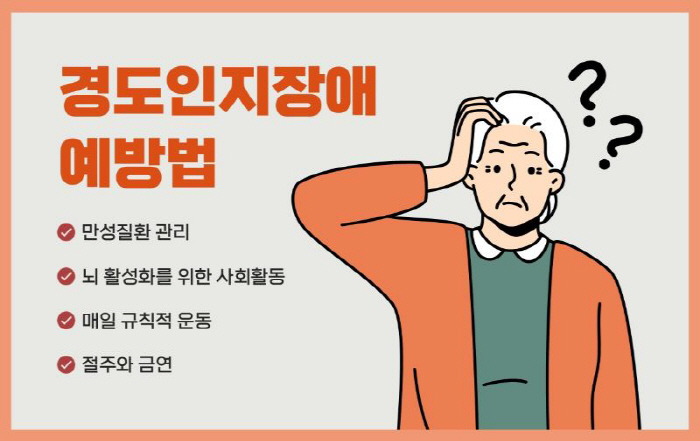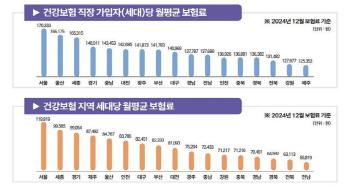I thought you were forgetful...Himchan Hospital's Dementia Golden Time Suspects Mild Cognitive Disorder
Jun 25, 2025
|
According to the National Medical Center's Central Dementia Center, the number of dementia patients aged 60 and over in Korea is estimated to exceed 1 million, and it is expected to exceed 2 million by 2050. The current prevalence of dementia in the 6% range is also expected to increase to 10% in 2050. In fact, about 27% of dementia patients are known to be diagnosed with mild cognitive impairment, and it should be remembered that it is time to slow down the progression of dementia if mild cognitive impairment is suspected.
Park Jung-hoon, director of the Department of Neurology at Incheon Himchan General Hospital, said, `Dementia is difficult to recognize because it has similar symptoms to forgetfulness in the early stages, and many people avoid it due to negative perceptions and delay treatment to grow the disease.' `Since there is no cure available, it is important to receive treatment at the stage of mild cognitive impairment that can slow down the disease before it is transferred to severe dementia.'
◇10-15% of mild cognitive impairment is affected by dementia...It's easy to miss early treatment
Dementia is a disease in which the brain is damaged and the cognitive function of various areas decreases, making it impossible to perform daily life properly.
Representatively, there are Alzheimer's dementia and vascular dementia, of which Alzheimer's dementia accounts for about 70% of geriatric dementia. Alzheimer's dementia is a degenerative brain disease in which a protein called amyloid beta builds up in the brain, damaging brain tissue and atrophy, and often not being treated in time because intellectual ability slowly declines and is not self-aware.
When it becomes difficult to maintain daily life, it becomes difficult to live independently due to frontal lobe dysfunction, severe behavioral disorders, and physical complications. It is very important to slow down the progression through early diagnosis and treatment, as it is a great mental and physical burden not only for patients, but also for their families and people around them.
It is important to receive treatment during a period of mild cognitive impairment called golden time for dementia. In the case of normal people, 1-2% progress to dementia every year, while 10-15% of patients with mild cognitive impairment develop dementia, so starting treatment at this time can prevent dementia and slow progress as much as possible.
Mild cognitive impairment partially reduces memory, cognitive and language skills, but unlike dementia, it is difficult to know even around you because you can live your daily life, and you often feel abnormal but don't think much of it. If you forget the appointment itself, or if you feel uncomfortable with daily life movements using public transportation or tools, along with memory loss, it is better to suspect mild cognitive impairment and get tested.
◇ Manage chronic diseases well and social activities are important...We need to improve our lifestyle
In order to accurately diagnose mild cognitive impairment, a neuropsychological test is conducted to comprehensively evaluate memory, attention, space-time composition ability, language ability, and judgment after checking cognitive decline and condition. In addition, brain MRI or brain imaging tests confirm whether mild cognitive impairment is likely to worsen to dementia. Treatment of mild cognitive impairment should be accompanied by medication, cognitive training, lifestyle improvement, and participation in social activities. In particular, health and lifestyle management are important as it is known that brain nerve cell damage begins in the 40s.
In order to prevent mild cognitive impairment, it is necessary to manage chronic diseases such as high blood pressure and diabetes, communicate with people through regular social activities, and activate the brain. Exercising regularly for 30 minutes to an hour every day also helps reduce brain cell oxidation damage and protect brain tissue. Drinking and smoking adversely affect brain function decline, so abstaining from drinking and smoking are essential. In particular, as early detection and treatment are important, if you have a family history or belong to a high-risk group over the age of 65, it is recommended to continue to receive medical checkups and related tests.
Director of the Center Park Jung-hoon "Dementia treatment focuses on early diagnosis and prevention in the pre-dementia stage."If appropriate treatment and management are received in the mild cognitive impairment stage, 40-70% of patients do not progress to dementia after 10 years, so if you have any suspicious symptoms, you should be examined immediately and actively treated." he advised.
|
This article was translated by Naver AI translator.















